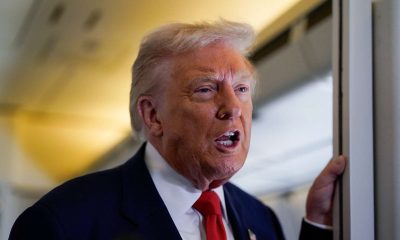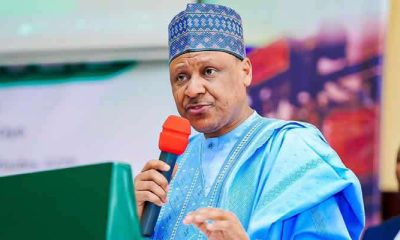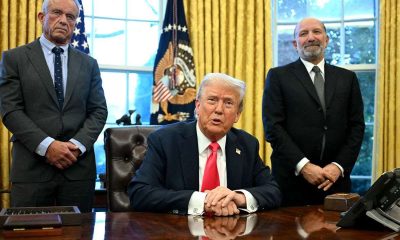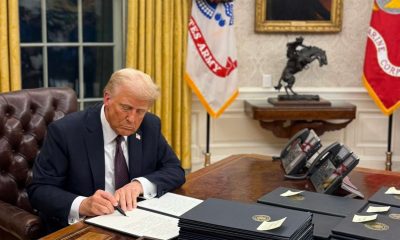Business
FG targets $500bn D-8 trade as U.S. warns citizens over security, healthcare in Nigeria
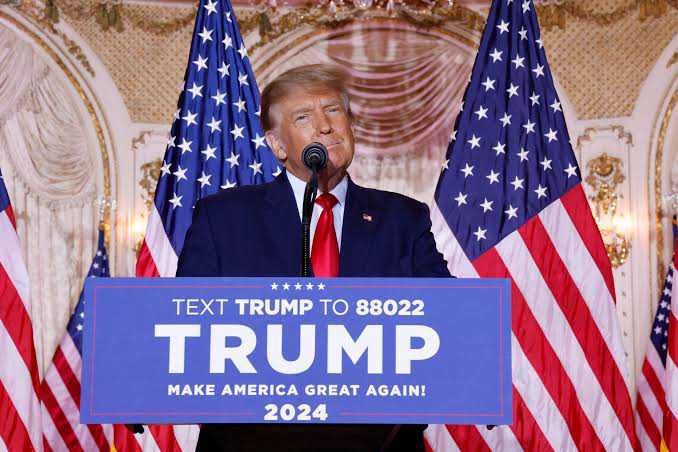
The Federal Government has expressed concern over the low trade volume of just $211 million between Nigeria and Egypt, stressing the need to leverage its membership in the Developing-8 (D-8) Organisation for Economic Cooperation to achieve a target of $500 billion in intra-group trade.
While Nigeria seeks to expand trade opportunities and deepen economic ties within the D-8 bloc, the United States government has issued a fresh advisory warning its citizens about the security and healthcare challenges in Nigeria.
The U.S. Department of State highlighted that armed crimes and gang activities remain prevalent in several parts of Nigeria, including kidnappings and violent attacks targeting security personnel. It warned that violent clashes between farmers and herders in rural areas could flare up without notice, creating heightened risks for travelers.
The advisory also drew attention to the poor state of Nigeria’s healthcare system, cautioning that medical facilities are generally not equipped to U.S. or European standards. It noted that essential medications for chronic conditions such as diabetes or asthma are often unavailable, while counterfeit drugs remain a widespread problem.
The U.S. government advised travelers to bring sufficient supplies of prescription and over-the-counter medicines for their stay and to ensure that their vaccinations are up to date, including for yellow fever, meningitis, typhoid, cholera, hepatitis A and B, and polio.
The advisory emphasized that Nigeria is a high-risk zone for malaria, recommending the use of prophylactic medication. It also warned that emergency services are unreliable, ambulance systems are poorly equipped, and paramedics are often inadequately trained.
“Most hospitals and doctors do not accept U.S. health insurance. Hospitals expect immediate cash payments for services, and blood supply is frequently unreliable,” the State Department stated.
U.S. citizens were strongly encouraged to obtain traveler’s insurance, including medical evacuation coverage, before visiting Nigeria, as Medicare and Medicaid do not cover overseas expenses. The advisory also noted that U.S. government employees in Nigeria face restrictions on providing emergency assistance due to prevailing security threats.


